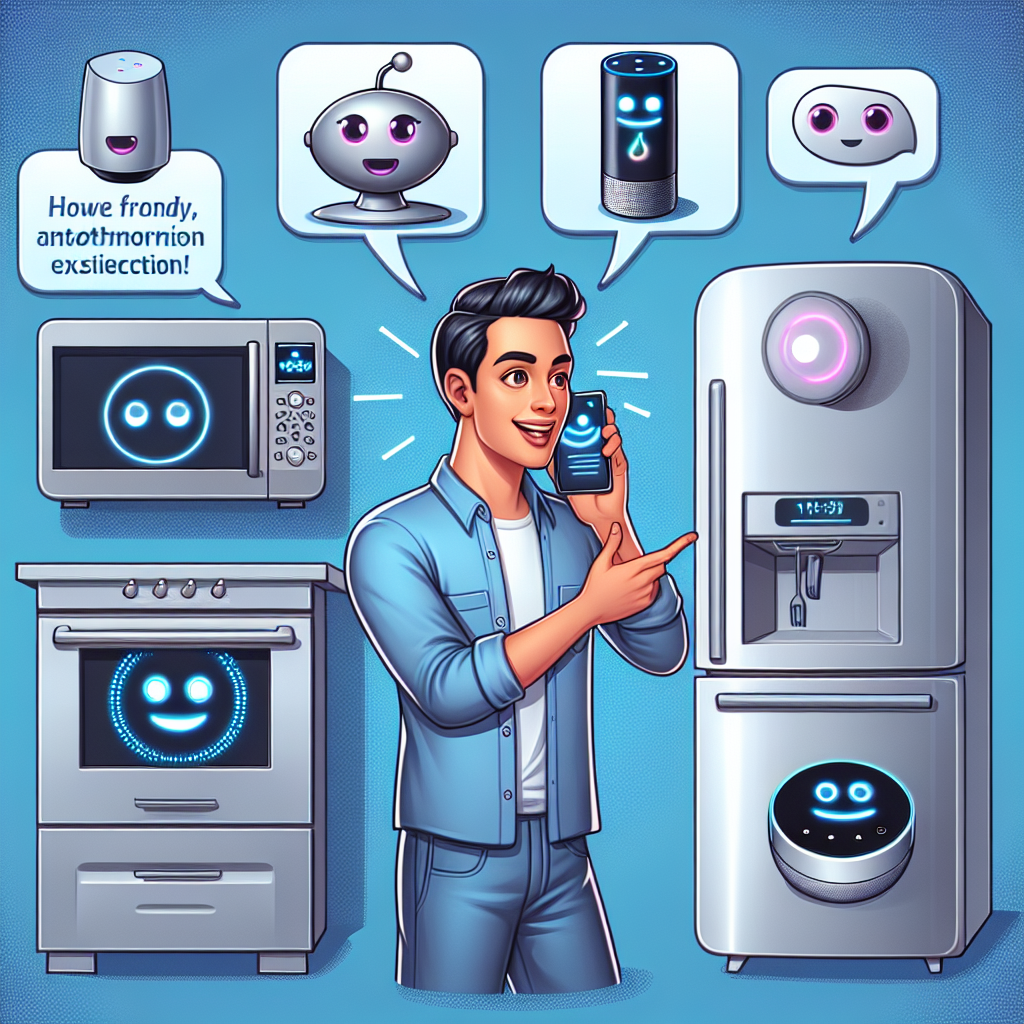Vertical SaaS represents a paradigm shift in how software serves businesses today. Unlike Horizontal SaaS solutions that cast wide nets across industries with general-purpose tools, Vertical SaaS zeros in on specific sectors with laser-focused precision. Think of specialized platforms designed exclusively for healthcare providers, financial institutions, or manufacturing companies—each offering features that address the unique challenges these industries face daily. This industry-specific approach delivers immediate value through pre-configured workflows and terminology that users instantly recognize. What’s truly revolutionary is how AI is transforming these already tailored solutions into even more powerful tools. Through advanced analytics capabilities, AI-powered Vertical SaaS platforms can now process mountains of industry-specific data to uncover actionable insights that would remain hidden to the human eye. The predictive capabilities being integrated into these solutions allow businesses to anticipate customer needs, market shifts, and potential issues before they arise. Healthcare providers can forecast patient admission rates, retailers can predict inventory requirements with remarkable accuracy, and financial services can detect fraud patterns in real-time. Furthermore, automation features embedded in these AI-enhanced platforms are eliminating tedious manual processes, freeing professionals to focus on high-value activities. This transformation is particularly significant as customizable AI digital workers become increasingly accessible through AI SaaS Creation Platforms, allowing even non-technical users to harness sophisticated capabilities without writing a single line of code. The result is a new generation of Vertical SaaS solutions that not only understand specific industry needs but actively anticipate and address them through intelligent collaboration between human expertise and AI capabilities.
Unleashing the Full Potential of AI-Powered Vertical SaaS
The integration of AI into Vertical SaaS environments is creating unprecedented value across industries. By combining industry-specific knowledge with AI capabilities, these platforms deliver benefits that extend far beyond what traditional software solutions could achieve. The impact on customer experience alone has been transformative, with AI enabling hyper-personalization that was previously impossible at scale.
The integration of AI into Vertical SaaS environments is creating unprecedented value across industries. By combining industry-specific knowledge with AI capabilities, these platforms deliver benefits that extend far beyond what traditional software solutions could achieve. The impact on customer experience alone has been transformative, with AI enabling hyper-personalization that was previously impossible at scale.
AI-powered Vertical SaaS solutions analyze customer behavior patterns and preferences to deliver tailored experiences that feel custom-designed for each user. In healthcare, this might mean personalized treatment recommendations; in retail, it could involve individualized shopping suggestions based on past purchases and browsing history. This level of personalization has been shown to increase customer satisfaction by up to 40% in many industries, creating stronger relationships and improved loyalty.
The efficiency gains from AI integration are equally impressive. Workflow automation through AI SaaS Creation Platforms eliminates repetitive tasks that once consumed valuable time. For example, in legal services, AI can now review contracts in minutes rather than the hours it would take a human attorney, identifying potential issues with greater consistency. Financial services companies report operational cost reductions of 25-30% after implementing AI-powered automation in their customer service and compliance processes.
Perhaps most significantly, these platforms are revolutionizing decision-making across industries. By analyzing vast amounts of industry-specific data, AI-enhanced Vertical SaaS solutions provide actionable insights that drive better business outcomes. Manufacturing companies using AI-powered analytics report a 20% increase in production efficiency and a 15% reduction in maintenance costs through predictive maintenance capabilities.
What makes this revolution particularly exciting is the democratization of these powerful capabilities through low-code platforms. AI SaaS Creation Platforms have removed the technical barriers that once made AI inaccessible to many businesses. Now, industry experts without coding skills can develop sophisticated AI applications tailored to their specific needs.
““The low-code approach to AI application development has fundamentally changed who can create technology solutions,” explains a digital transformation expert. “We’re seeing subject matter experts in healthcare, finance, and manufacturing building powerful AI tools that previously would have required teams of developers.”
This accessibility is driving innovation at unprecedented rates. Small team companies and individual entrepreneurs can now leverage AI Agent Technology to create customized solutions that compete with offerings from much larger organizations. The user-friendly AI tools available through these platforms enable anyone with industry knowledge to translate their expertise into powerful applications.
For instance, a small team of healthcare professionals recently developed an AI application that streamlines patient intake procedures, reducing processing time by 60% while improving data accuracy. They accomplished this without writing code, instead using a low-code platform that allowed them to configure AI digital workers according to their workflow requirements.
Intelligent collaboration between domain experts and AI is creating opportunities for workflow automation that were unimaginable just a few years ago. Industries with complex compliance requirements, such as financial services and healthcare, are benefiting from AI systems that can continuously monitor regulatory changes and automatically update processes to maintain compliance.
The Future of Vertical SaaS: AI-Powered Innovation Without Boundaries
As we look toward the horizon of Vertical SaaS development, the integration of customizable AI digital workers stands as the cornerstone of industry transformation. These intelligent assistants are not just supplementary tools—they represent a fundamental shift in how businesses operate within their specialized domains. Unlike traditional software that simply executes commands, these AI workers actively learn from industry-specific data, continuously improving their performance while adapting to changing conditions and requirements.
As we look toward the horizon of Vertical SaaS development, the integration of customizable AI digital workers stands as the cornerstone of industry transformation. These intelligent assistants are not just supplementary tools—they represent a fundamental shift in how businesses operate within their specialized domains. Unlike traditional software that simply executes commands, these AI workers actively learn from industry-specific data, continuously improving their performance while adapting to changing conditions and requirements.
The vision that companies like Zygote.AI are advancing centers on making this powerful technology accessible to everyone through user-friendly AI tools. By removing technical barriers, the creation of sophisticated industry-specific solutions is no longer limited to those with programming expertise. This democratization of technology development represents a significant shift in how innovations emerge in vertical markets.
“We’re witnessing the beginning of an era where anyone with industry knowledge can transform that expertise into powerful AI applications,” notes a digital transformation specialist. “The companies that embrace these user-friendly platforms will have a significant competitive advantage in their respective industries.”
The market response to this shift has been remarkable. According to recent projections, the vertical SaaS market enhanced by AI capabilities is expected to reach an astounding $908.21 billion by 2030. This explosive growth reflects the tremendous value these solutions deliver across specialized industries. With 99% of businesses now leveraging some form of SaaS solution, the foundation for widespread adoption of AI-enhanced vertical applications is already firmly established.
Workflow automation represents one of the most promising applications of this technology. By connecting customizable AI digital workers into comprehensive workflows, organizations can achieve levels of efficiency previously unimaginable. Zygote.AI exemplifies this approach with their development of fully automated workflows that can independently select topics, create content, generate illustrations, conduct reviews, and publish promotional materials—all without human intervention.
This vision of autonomous operation extends across all industries. In healthcare, it might mean AI systems that manage patient scheduling, documentation, treatment planning, and follow-up communications. In manufacturing, it could involve end-to-end production management from supply chain optimization to quality control and distribution logistics.
The emergence of LLM-native applications represents another frontier in this evolution. These applications, built specifically to leverage large language models, are unlocking access to markets that traditional SaaS solutions could never reach. By combining industry-specific knowledge with the powerful capabilities of LLMs, businesses can create tools that understand complex contexts, generate insights, and communicate naturally with users.
For individual entrepreneurs and small team companies, these developments offer unprecedented opportunities. The ability to create, share, and sell AI products through platforms like Zygote.AI means that innovative ideas can quickly become market-ready solutions. This creates a virtuous cycle of innovation where industry experts contribute to and benefit from a growing ecosystem of specialized applications.
The intelligent collaboration fostered by these platforms ensures that human expertise remains central to innovation while AI handles routine tasks. This partnership between human creativity and AI efficiency promises to unlock new possibilities in every vertical market.
As we advance toward this AI-powered future, the goal isn’t just to automate existing processes but to reimagine what’s possible within each industry. The companies that embrace these technologies will not only improve operational efficiency but will discover entirely new ways to deliver value to their customers.
The vertical SaaS revolution, powered by accessible AI technologies, is just beginning. As these tools become more sophisticated and user-friendly, we can expect to see waves of innovation transform industry after industry—all without requiring a single line of code. In this future, technology adapts to human needs rather than humans adapting to technology, creating a smarter, more efficient world where everyone can contribute to and benefit from technological progress.









